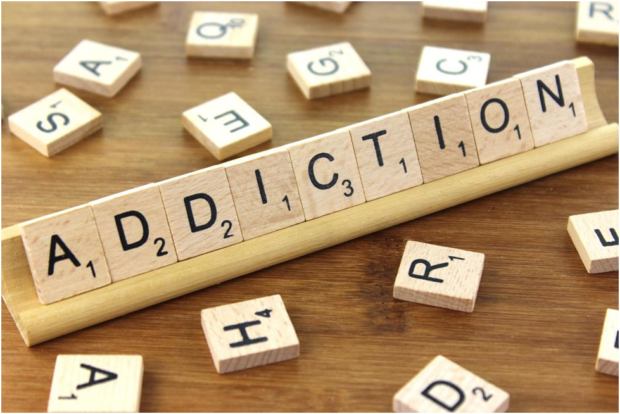What Do I Do If Someone I’m Close To Seems To Have an Addiction Problem?

When we have the uneasy realization that perhaps a family member or close friend may be suffering from a substance abuse problem, it is very easy to get overwhelmed. Between denial, rationalizing and everything in between, confronting someone about their addiction problem can be stressful, but it can also save their life. Here are some tips to get you through it.
Do some research on what they are suffering from
Your loved one is suffering from something very powerful. There is a good chance that they have wanted to stop themselves for a while and are unable to. Addiction is centered in the brain, meaning that anyone that is dealing with it is dealing with something that has taken over their brain and thinking mind. It is important that you understand just because you confront/offer your support to someone, it does not mean they will stop.
At the time you talk to them they may make it sound like they really want to stop, and they may mean it, but if it were that simple they would of stopped already. This is why we have inpatient treatment centers, because the urge and thought to use again is so prevalent in the addicts mind on their own. Regardless, it is important to educate yourself so you don’t take any reaction they have too personally.
Look up options for them to receive help before talking to them
Let’s say your talk with them goes well, and they agree they need and want help. What do you do then? I would suggest looking up some treatment options, either outpatient or inpatient, and having those ready as solutions if everything goes well in your confrontation. If you are sure that your loved one can not afford anything like treatment there are always free, state run facilities in your area. Make sure to look them up. Another direction you can point them to are the rooms of Alcoholics Anonymous or Narcotics Anonymous. This is a great suggestion because at those meetings will be other clean addicts who know the struggle and can relate much more to those that are still suffering than the innocent bystander can.

Detach with love
There is no telling of what the outcome of your conversation will be with whomever you are concerned about, but you must be prepared for the possibility that they get angry and abruptly walk away and leave the conversation. They may even get hostile at you and blame you in some way. Remember we are dealing with something very powerful that centers in the mind of those it affects. If they do get hostile you must not take it personally, remind yourself you are trying to help them.
The next step in this is important, and that is detaching with love. That means being supportive from the sidelines, if they ask for favors or money (which addicts will do quite occasionally) tell them you love them but you can’t help. Enabling behavior is when those that are in the addicts life make his or her life easier by providing him with resources (money, place to stay) because you actually do care for them. This is the hardest pill to swallow, helping them in this manner is one of the most destructive things you can do because it gives them no reason to stop when they still have the necessary resources. There is so much to be said about enabling an addict, I suggest you read up even more on it.
The situation you may be dealing with is not easy, for you and the one suffering. Confronting or trying to help someone with addiction is very emotionally charging but intervening can save someone’s life. If you have a suspicion about someone in your life that is struggling, do something about it. You can be the one that saves their life.
This guest post was authored by Daniel Wittler

Daniel Wittler is a writer in recovery who likes to share his experience strength and hope to help anyone in need of it.
Daniel is an Outreach Specialist for Recovery Local, a local addiction/recovery based marketing company. He advocates long-term sobriety by writing for websites like journeypure.com , providing resources to recovering addicts and shedding light on drug addiction. Daniel believes that absolutely anyone can get sober provided they are ready to take action in their own life.

